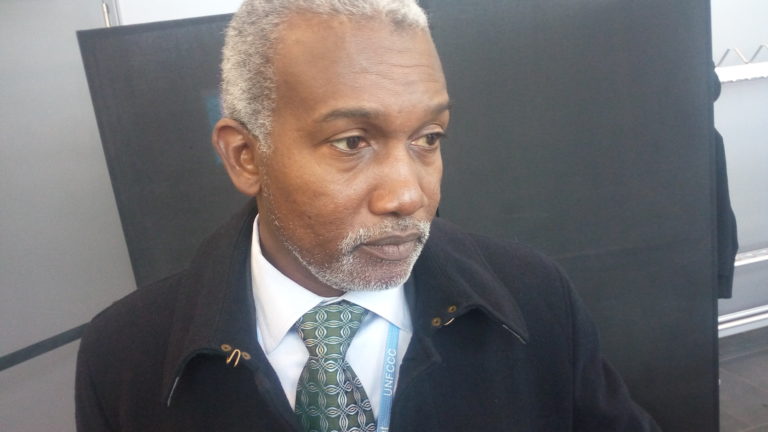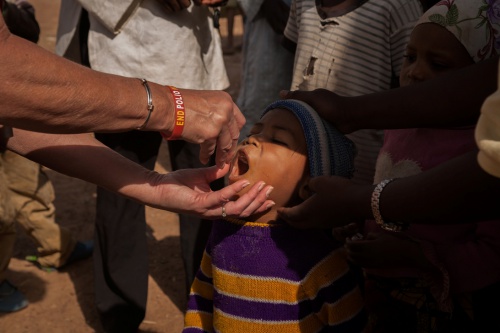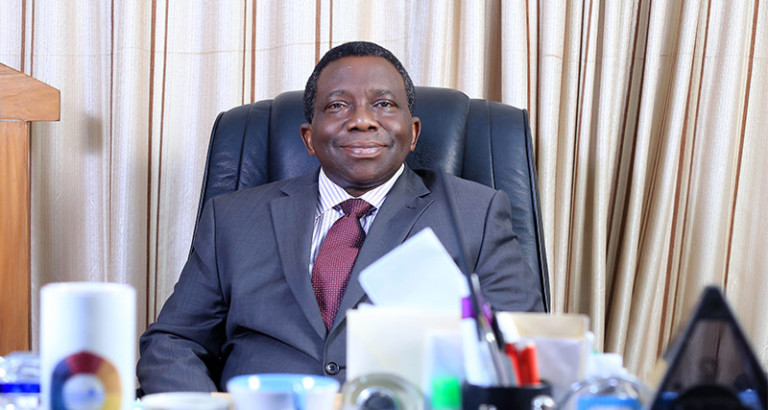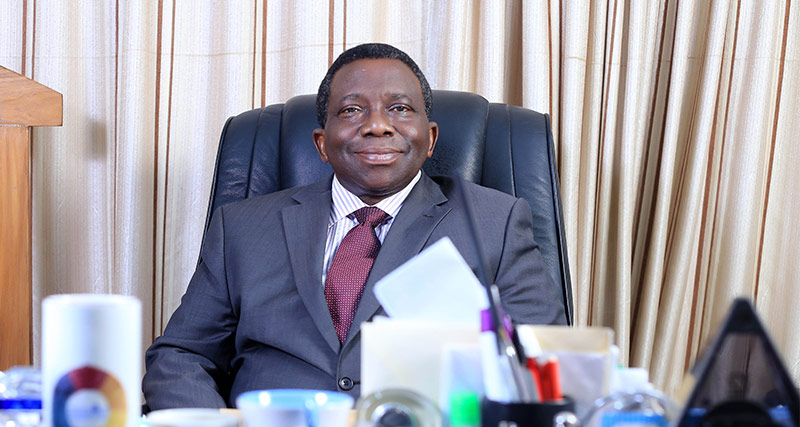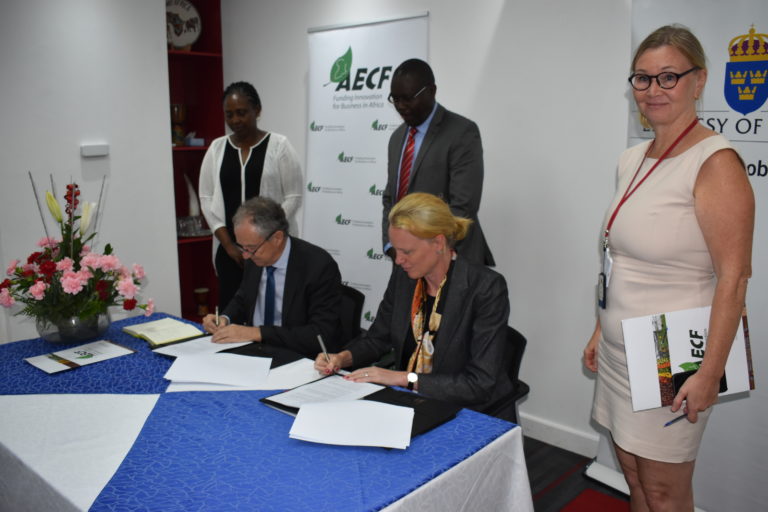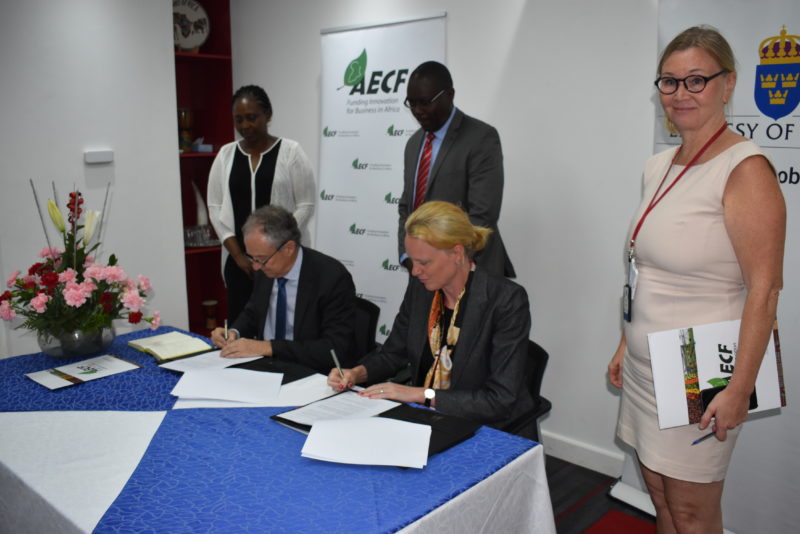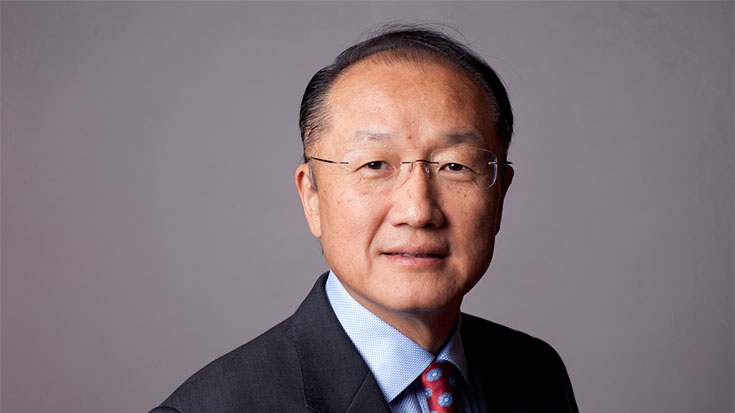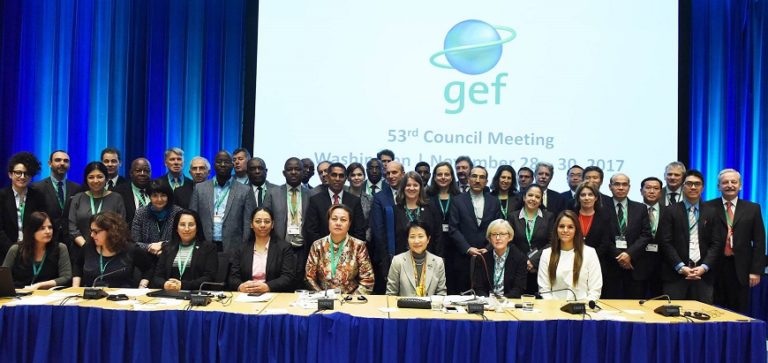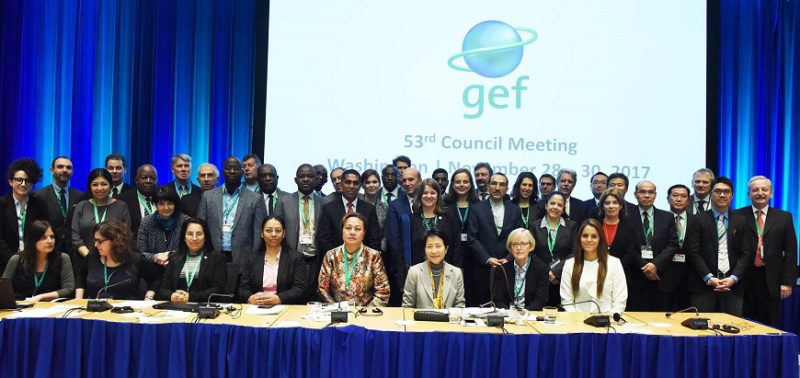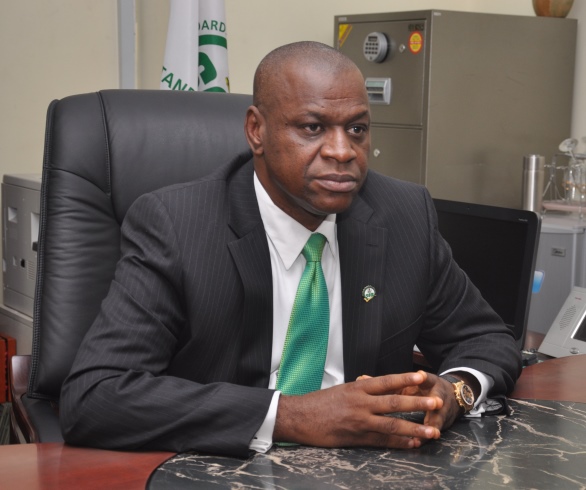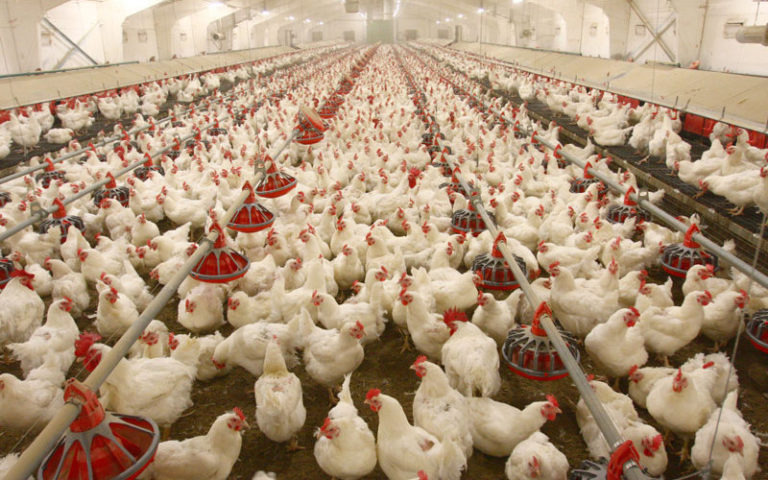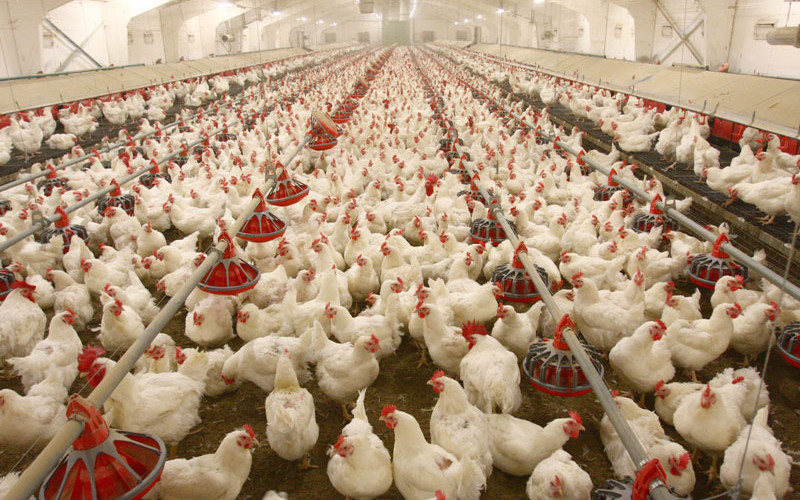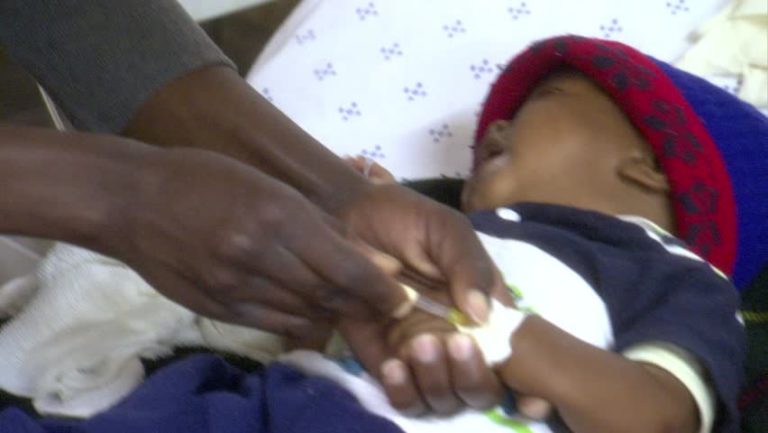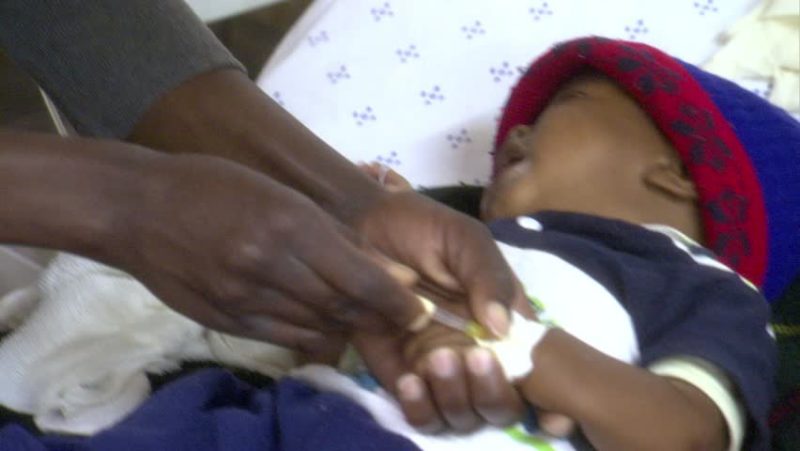As Nigeria’s Ambassador to Germany, Yusuf Maitama Tuggar played a prominent role during the 23rd Session of the Conference of the Parties (COP23) to the United Nations Framework Convention on Climate Change (UNFCCC) hosted by Fiji but held recently in Bonn, Germany. In this chat with EnviroNews, Tuggar shed some light on Nigeria’s stand on international climate change diplomacy, her relationship with Germany, and other sundry issues.
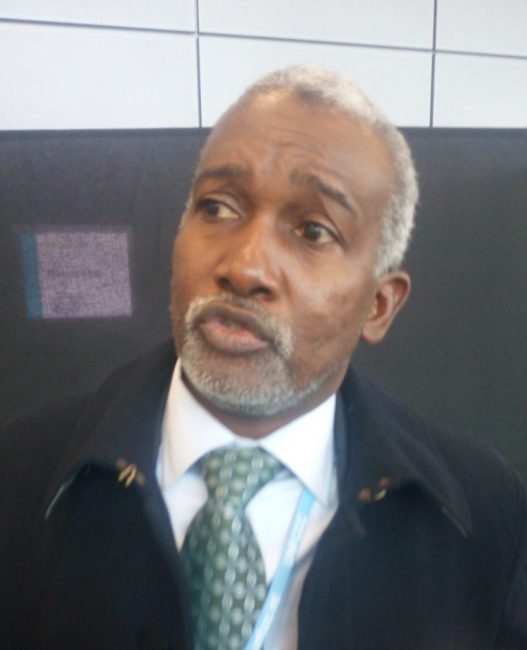
Describe Nigeria’s current position, even as developments unfold at this COP
We are subscribing fully to our commitments to the Paris Agreement on bringing down carbon dioxide emissions and at the same time we are also of the opinion that pre-Paris commitments should also be adhered to and fulfilled, which pertains mostly to the developed world as is popularly referred to, so Nigeria of course is at the nexus of climate change issue. As you know, we are on the fringes of the Sahara Desert, we’ve got a shrinking Lake Chad, we have issues to do with several exchanges with demographics, population explosion Nigeria being the largest country population wise on the continent, being a hydrocarbon producer; so these are all the things that really affect us directly. And being a continental leader like our German partners, we are like them an influencer of globalisation because of our leadership position in Africa, just like German is also a leader in the European continent. As you know, globalisation is all about inter-connectivity across time and space, so here we are.
What are your views concerning COP23 so far; are you impressed with how the negotiations are ongoing?
Yes, I am. You can see that there is a strong agitation on the part of the less developed world to stick to the resolutions that came before the Paris Agreement which focused more on the more developed world bringing down their emissions and so helping the developing world to ease the way for them to bring down their own emission because it would be unfair for them to insist that we bring down our emissions without having a look at the opportunity cost which is industrialisation really, because when you use fossil fuels, coal and hydrocarbons, crude oil, gas to power your industry, of course there will be emissions. This is what the developed world did, so it is only fair for them to fulfill some of the promises that they’ve made like the $100 billion they promised, as well as several other commitments to ease the way for the developing world to comply with the country-based target.
Certain delegates claim that the progress of negotiations have been rather slow and tiring because of issues related to tidying up some Paris Agreement formalities before proceeding with negotiations. Do you agree with this sentiments that things have not really been going as expected?
I am not so sure because a gathering like this entails the whole world coming together, so naturally it will be tedious, it will be slow; but, at the end of it all, I think we are likely to see something conclusive happening, particularly with what happened yesterday whereby there were very powerful speeches by the German Chancellor (Angela Merkel), and by the French President (Emmanuel Macron), where they took a very robust stand and the French President even said that Europe should be prepared to replace America in terms of shouldering a lot of these responsibilities and financial commitments. I think that gave it a bit of a boost to show that they were committed and I think that would see a lot of progress being made.
How would you assess America’s withdrawal from the Paris Agreement, and its impact to the global climate change process?
At the end of the day, it might not have much of an impact as it is assumed because when you look at the sub-state level – because this is international relations we are talking about – there is a state level and then there is a sub-state level. When I say state, I’m talking about the nation, So there are lots of US states, state governments and other internal organs, as well as multinationals that are US owned that are supporting the decisions being made here, and made in Paris. The former governor of California, Arnold Schwarzenegger, was here and he took a very strong position. Former vice-president, Al Gore, was here and he also took a very strong position. So it’s going to be very difficult for the position that President Donald Trump has taken to necessarily mean that the entire USA has opted out. And you have to bear in mind states like California where certain issues that people feel strongly about such as climate change are put to vote, so the population goes out to vote on particular issues, so once the people have made their decision, its difficult to reverse.
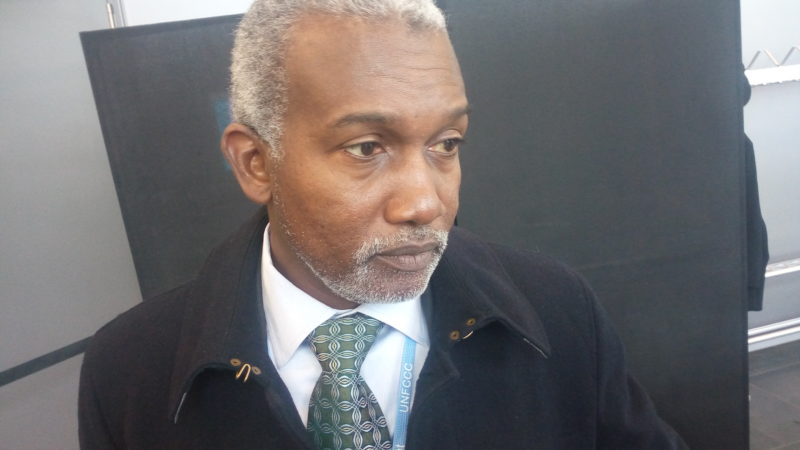
As the Nigeria’s ambassador to Germany, what is your impression of the Nigerian-German relationship, especially as it relates to climate change and sustainable development diplomacy?
It’s been very good; very strong. Germany has always been supportive of Nigeria. It has also been supportive of Africa. Germany is one of the largest funders of the African Union Border Programme for instance, which in my opinion is one way of addressing some of these climate change issues because we are talking about development across national boundaries in Africa, which will allow for development at the local level because you find that it is the periphery of these nations that you have the least developments. And it is not just unique to Africa, in most countries you find that sovereignty becomes weaker when you move from the centre towards the borders simply because there is more concentration in the middle and sometimes the borders tend to be neglected and more complex. For instance, when you look at Nigeria, its not by coincidence that we have problems in the Northeastern part of the country, so initiatives such as this border programme really helps towards looking at things in a different way by resolving some of the issues that have to do with development.
Besides the border programme you just mentioned, are there other programmes or programme specifically targeted at the Nigerian Northeast region?
There is. Last month, there was a meeting here in Germany in Berlin which was exclusively to do with the Northeast. Its an initiative trying to raise funds towards the development of the region, Don’t forget that Nigeria and Germany also have a Bi-national Commission, and there are few countries that we have Bi-national Commissions with.
What is a Bi-national Commission?
Bi-national Commission is bilateral agreement between two countries to work together towards progress in specific areas. So ours covers areas such as energy, migration, climate issues, etc. Under that, we have the Nigeria-German Energy Partnership, where for instance we are trying to address and expand the use of renewable energy in Nigeria, micro-credit schemes, and so on. Yes we’ve been partners with Germany, and Germany is a leader when it comes to renewable energy. In the northern part of Germany, wind energy is a priority, and in the south they focus on solar energy. And we are trying to focus on solar energy, not so much wind energy, but solar is something that is big; and also other renewables like bio-fuel.
Can we meet you sir?
My name is Yusuf Maitama Tuggar. I’m from Bauchi State. I was a businessman in the private sector, went into politics, ended up in the House of Representatives, where I chaired the House Committee on Public Procurement. From there, I ran for Governor of Bauchi State in 2011. I was part of the Presidential campaign in 2015, and now I find myself representing Nigeria in Germany.

